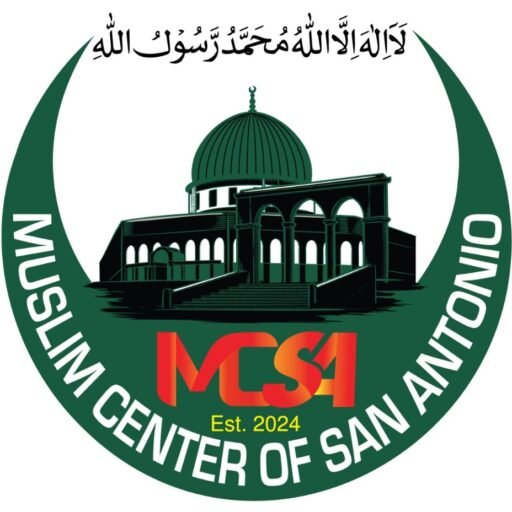The Five Pillars of Islam: Foundations of a Faithful Life
Islam is built upon a framework of worship and practice known as the Five Pillars. These pillars are the core beliefs and practices that every Muslim is expected to uphold, forming the foundation of a Muslim’s faith and actions. Here, we delve into each of these pillars and their significance in the life of a believer.
1. Shahadah: The Declaration of Faith
The Shahadah is the Islamic profession of faith, declaring belief in the oneness of God and the acceptance of Muhammad as God’s prophet. The declaration is as follows: “There is no god but Allah, and Muhammad is the Messenger of Allah.” This profound statement is the first step for anyone converting to Islam and is recited with sincere belief and intention. It affirms the commitment to the Islamic faith and its teachings, and it is a statement that influences every aspect of a Muslim’s life.
2. Salah: Prayer
Salah, the ritual prayer, is performed five times a day at prescribed times. These prayers are a direct link between the worshipper and Allah. Muslims pray at dawn, noon, mid-afternoon, sunset, and night, facing the Kaaba in Mecca, Saudi Arabia. The Salah is a physical, mental, and spiritual act of worship that is observed with great discipline. Through these daily prayers, Muslims reaffirm their faith and seek guidance and forgiveness from Allah.
3. Sawm: Fasting during Ramadan
Fasting during the month of Ramadan is what constitutes Sawm. Muslims fast from dawn to dusk, refraining from eating, drinking, smoking, and marital relations. It is a time for self-reflection, heightened devotion, and increased remembrance of Allah. Fasting is not just a physical discipline but also a way to develop empathy for the less fortunate and to cleanse the soul of impurities.
4. Zakat: Almsgiving
Zakat is the compulsory giving of a set proportion of one’s wealth to charity. It is regarded as a type of worship and of self-purification. Zakat is not merely a charitable contribution but an obligation for those who meet the necessary criteria of wealth. It is a means to redistribute wealth in society, assist the needy, and bridge the gap between the rich and the poor.
5. Hajj: Pilgrimage to Mecca
The Hajj is the pilgrimage to the holy city of Mecca, which every Muslim must undertake at least once in their lifetime if they are physically and financially able. It occurs annually during the Islamic month of Dhu al-Hijjah. The Hajj includes several rituals intended to symbolize the unity of Muslims worldwide and their submission to Allah. The pilgrimage is a profound manifestation of the faith and solidarity of the Muslim people.
In conclusion, the Five Pillars of Islam are not just acts of worship but a way of life. They guide Muslims in their daily lives, fostering a sense of discipline, community, and morality. By adhering to these pillars, Muslims develop a closer relationship with Allah, enrich their spiritual lives, and contribute to the welfare of society.

